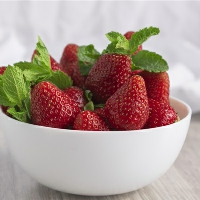The provincial art examination is about to begin, and the subjects, scope and scores of the 2022 Sichuan professional examination for editing and directing have been announced. Now, let's have a look at the relevant contents!
Subjects, scope and score of 2022 Sichuan professional examination for editing and directing
Editing and directing majors (including drama, film science, drama film literature, radio and television editing and directing, drama film director, drama education, etc.): ① story writing (written test); ② Editorial creativity (program and advertising creativity, sound and picture combination, etc., candidates will take an oral test after selecting questions, and the time will be within 3 minutes). The full score of all subjects is 150, and the total score of professional scores is 300.
What are the main majors of editing and directing
The major of director includes film and television director, radio and television program director, photography director and cultural industry management.
1. Major in film and television director. Mainly study the basic theories and knowledge of opera, drama, television, film, art, music, drama literature, etc., receive basic training in directing art, and have the basic ability to direct and create.
2. Major in radio and television program editing and directing. It mainly cultivates professional knowledge in radio and television program planning, creation, production, etc., and the ability to have a high political level, theoretical cultivation, art appreciation, etc.
3. Photography director major. It mainly cultivates students to systematically master the basic theories and skills of film and television photography.
4. Major in cultural industry management. It mainly aims to cultivate students with high comprehensive cultural quality, and master professional knowledge, cultural policy and legal knowledge of cultural administration and cultural enterprise management.

